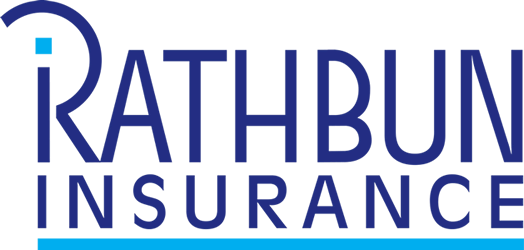
Accidents, claims, tickets and violations can all cause your insurance rates to rise. Whether an accident causes a rate increase depends on the nature of the accident, the coverage you have, the insurer and the state you live in.
How premiums are calculated
Insurers evaluate risk based on a number of factors, from where you live and how far you drive to the exact make and model of your car. This evaluation process is called underwriting. It’s how an insurer analyzes your insurance application and decides whether you are a risk worth taking on.
Underwriters also consider your age, driving record and claims history. These greatly influence your premium. People who have many tickets or claims know just how expensive auto insurance can be. Younger, less experienced drivers are also perceived as higher risk because they are more prone to collisions.
Not everyone can be claim-free, though, and not every claim or driving violation is considered. There are important variations in rates from insurer to insurer and state to state.
What claims matter most
Most insurers will not raise your premiums if you’ve had a minor accident or small claim. Collisions where the other driver is at fault are also rarely factored in, since your insurer isn’t the one who settles the claim. However, you may experience a minor rate increase when you have three or more claims within a short period.
The claims that cause the greatest increase in your premium are major collisions in which you are at fault. If you cause an accident, you can expect your premium to increase by 25% to 59%, according to the personal finance company NerdWallet.
About rate increases
The only way to circumvent the rate increase of an at-fault collision is if your insurer provides accident forgiveness. This coverage isn’t free and it will only shield you from the rate increase resulting from one at-fault accident. Some insurers also provide a claim-free discount that you lose after an at-fault claim and accounts for part of the rate increase.
The process of rate determination and underwriting follows strict guidelines that change from state to state. Certain states like California restrict the amount of information an insurer can collect to establish their rates. Other states allow insurers to factor in more crucial information to assess a person’s risk, such as their credit history.
Insurers are companies that provide an essential service by balancing risk. They rate risks based on the statistical probability of future claims. States that have fewer restrictions on data collection allow the insurers to paint a more accurate picture of an individual, which can result in smaller increases after at-fault accidents for drivers that have an otherwise spotless profile.
Reach out for more information
How long your rate increase will remain can vary from one insurer to the next. Contact your Rathbun Insurance account manager if you have any questions about your coverage, driving record or claims history.

